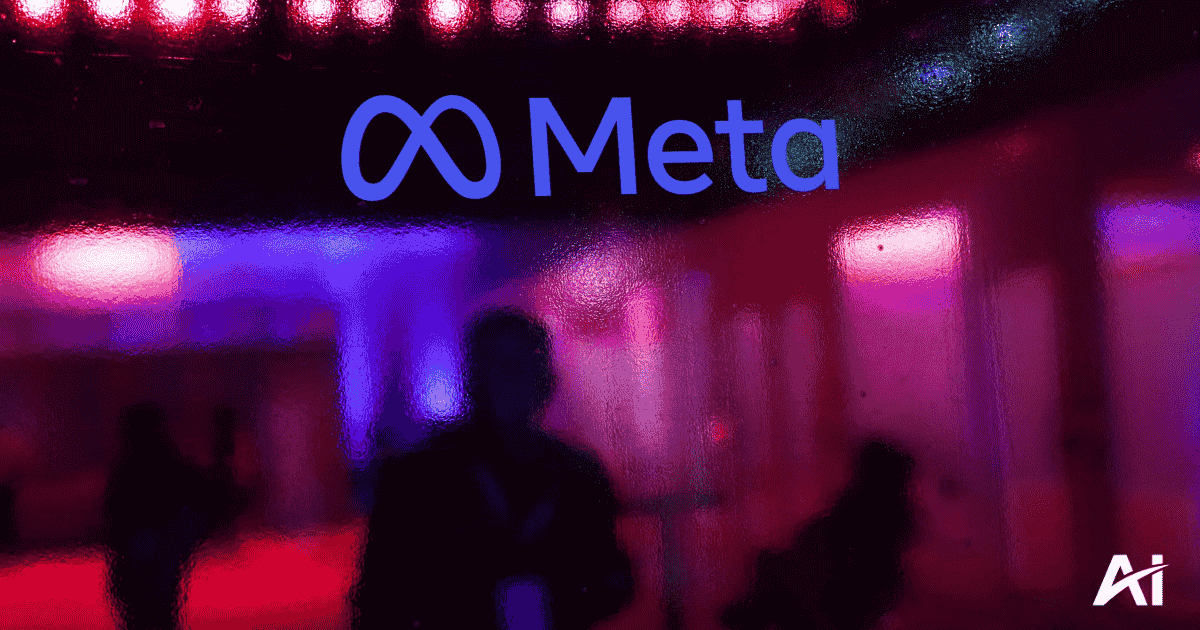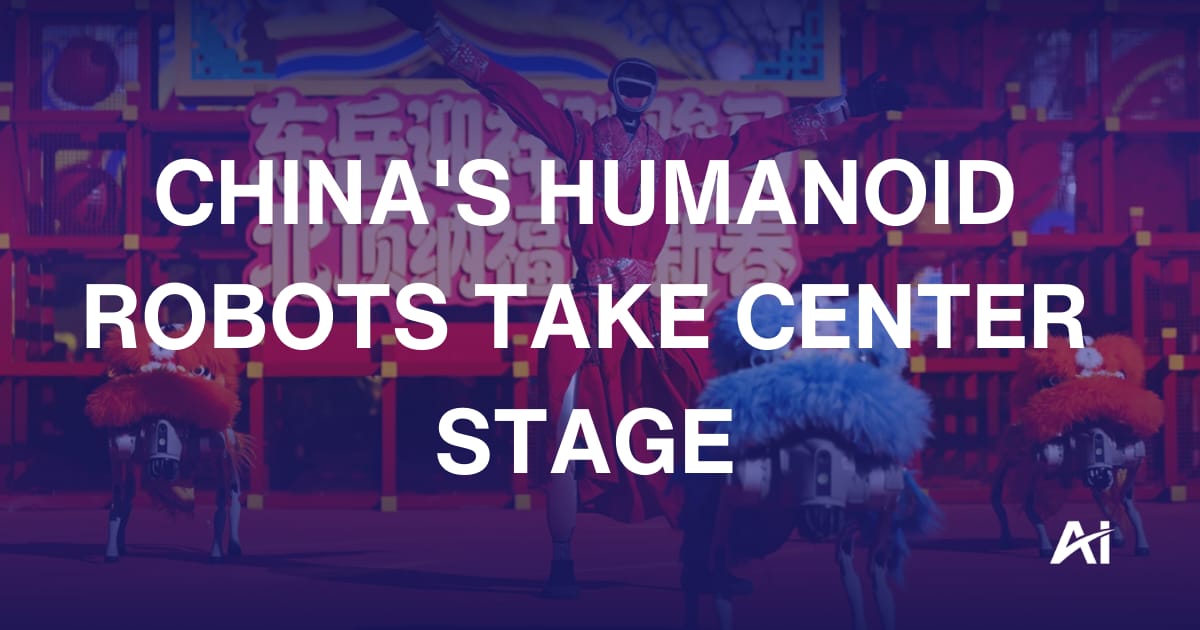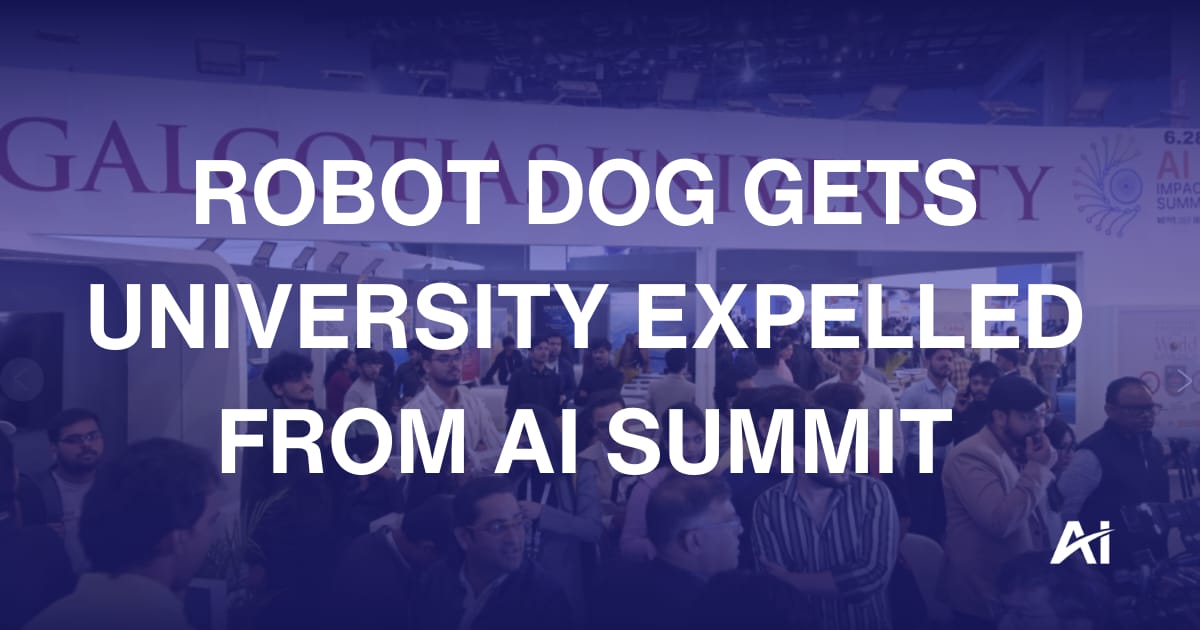
Subscribe to our free Newsletter
💌 Stay ahead with AI and receive:
✅ Access our Free Community and join 400K+ professionals learning AI
✅ 35% Discount for ChatNode
Welcome to The AI Report!
.png)

WORK WITH US • COMMUNITY • PODCASTS
Wednesday’s AI Report
• 1. 🧩 Meta’s fourth AI re-shuffle
• 2. 🔏 Protect your online info with Incogni
• 3. 🌍 How this hospital cut ER wait times by 27% with AI
• 4. 👑 Engage prospects on LinkedIn with Breakcold
• 5. ⚙️ Trending AI tools
• 6. ⚛️ Google’s landmark nuclear deal
• 7. 🌐 Meta debuts “realistic” AI voice translations
• 8. 📑 Recommended resources
Read Time: 5 minutes
✅ Refer your friends and unlock rewards. Scroll to the bottom to find out more!


Meta’s fourth AI re-shuffle
🚨 Our Report
Rumors surfaced last week that Meta was planning to restructure its AI department, for the fourth time in six months. It now appears that those rumors were true: Newly hired Alexandr Wang (founder of Scale AI), who joined Meta as its Chief AI Officer in June, announced in an internal memo that the recently-formed AI group—Meta Superintelligence Labs (MSL)—will be splitting into four distinct groups and he will be reassigning existing employees, in a bid to “accelerate” Meta’s progress towards achieving superintelligence—AI that can complete tasks better than humans can.
🔓 Key Points
The core group—TBD (To Be Determined)—will be led by Wang. It’ll focus on the development of Meta’s foundational Llama models, and is expected to include new hires from Google, Apple, and OpenAI.
The other three groups will focus on AI research projects, product integration (led by ex-GitHub CEO, Nat Friedman), and infrastructure—which will focus on creating infrastructure to support Meta’s ambitions.
According to Wang, these groups are “critical to reaching superintelligence,” and although he hasn’t laid anyone off, he’s considering downsizing roles because the AI division has experienced such recent, rapid growth.
🔐 Relevance
This fourth restructure is undoubtedly Meta’s attempt to capitalize on CEO, Mark Zuckerberg’s, aggressive hiring spree, which has seen him personally reach out to key AI researchers from rivals—such as OpenAI, Google, and Apple—offering them huge compensation packages to tempt them over to Meta, as they struggle to advance their AI offerings and keep up with competitors.
Googling a name can reveal more than expected
Data brokers sell personal info—often for less than a dollar.
What’s publicly available:
Current & past addresses
Mobile numbers (even outdated ones)
Family connections
Employment history
Property records
Court documents
This information is bundled and sold to anyone willing to pay. Even ChatGPT can return surprising details when asked about someone with an online presence.
This isn’t paranoia—it’s probability:
1 in 4 Americans experience identity theft
$1,100 average loss per incident
Over 200 hours to recover
Manually opting out of data brokers is exhausting—195+ forms, 30+ hours, and records often reappear.
Incogni automates the process:
✅ Contacts data brokers
✅ Forces data deletion
✅ Monitors & re-removes data
Stay protected. Use code AIREPORT for 58% off

How this hospital cut ER wait times by 27% with AI
Montefiore Nyack Hospital was struggling with emergency room (ER) overcrowding and long patient wait times (a common ER issue).
To reduce congestion without compromising patient wellbeing, it needed to identify critical cases quickly and optimize resource deployment.
It deployed an AI-powered triage system which streamlined patient assessment, enabling them to respond quicker.
Within just three months of implementation, the hospital saw a 27% reduction in ER turnaround time.
Breakcold is the first Sales CRM with social media integrations
Nurture B2B contacts effortlessly, in less than 30 minutes p/d, using email & socials to close deals faster.
Breakcold is the first sales CRM where you can within the CRM engage your prospects with LinkedIn. From one place you can like, comment and send messages to prospects from ONE place rapidly.
From ghosted for weeks to +$10K/mo deals closed in 4 days or partnerships with +$20M ARR start-ups, Breakcold customers have success like they haven't had elsewhere.
The mission of Breakcold is to help small businesses to close deals in 2025, not 2010.
Over 2000 businesses use Breakcold, including top names like Deloitte and Favikon.


Google has struck a “first-of-its-kind” deal with nuclear company, Kairos Power, and the Tennessee Valley Authority (TVA) to supply 50MWs of nuclear power to Google’s data centers in Tennessee and Alabama.
Kairos will feed the 50MWs of nuclear power into the TVA grid that serves Google’s data centers, and there are long-term plans to deliver up to 500MWs of nuclear power (enough to power 350,000 homes) by 2035.
The deal will help the US meet its rising energy demand as energy-hungry data centers—fueled by major and rapid advancements in AI—require colossal amounts of energy.

Meta has launched an AI voice translation tool for Facebook and Instagram users, which allows them to translate content into other languages to help “reach across cultural and linguistic barriers,” and grow their following.
The translations will sound authentic because the tool will use the sound and tone of the user's voice, and it will feel natural, as it also offers a lip-sync feature that matches the translation with the user's lip movements.
Currently, the tool only supports English and Spanish translations, but Meta has established that more languages will be supported in the future, but didn’t indicate which ones would be next, or when they would arrive.

MORE NEWS
PODCASTS
Inside America’s AI Plan
This podcast dissects America’s “three pillared” plan for AI: It explores the mixed reactions it’s sparked and the shifting landscape of fraud prevention—specifically the increasing reliance on AI-driven detection methods.

We read your emails, comments, and poll replies daily.
Until next time, Martin, Liam, and Amanda.
P.S. Unsubscribe if you don’t want us in your inbox anymore.








